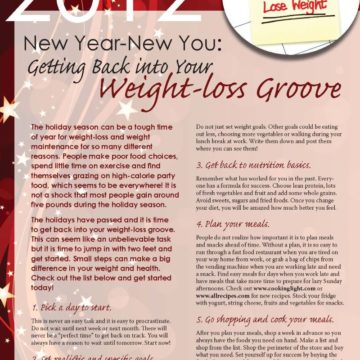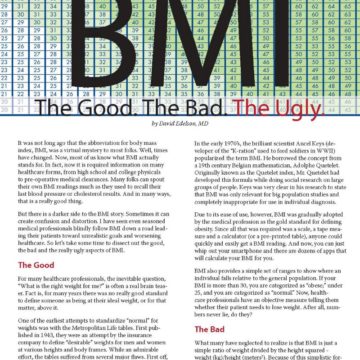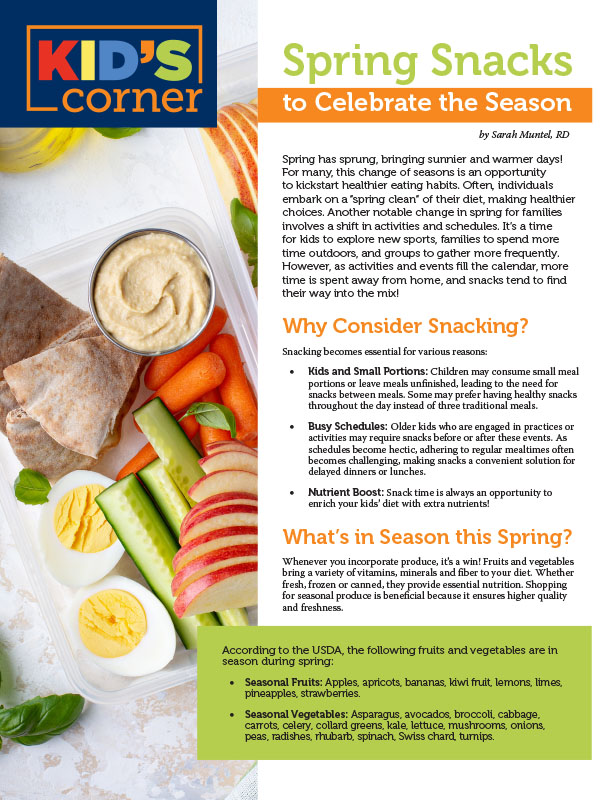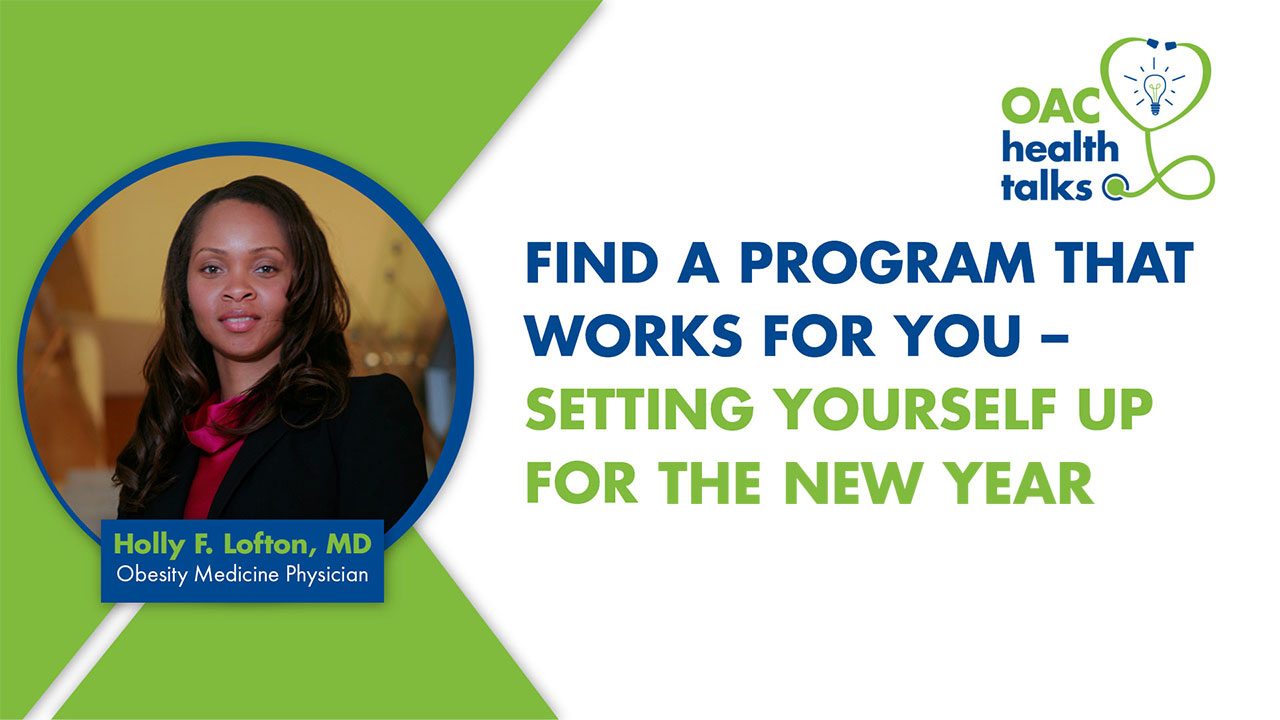Seafood: A Delicious and Healthy Protein Source following Bariatric Surgery

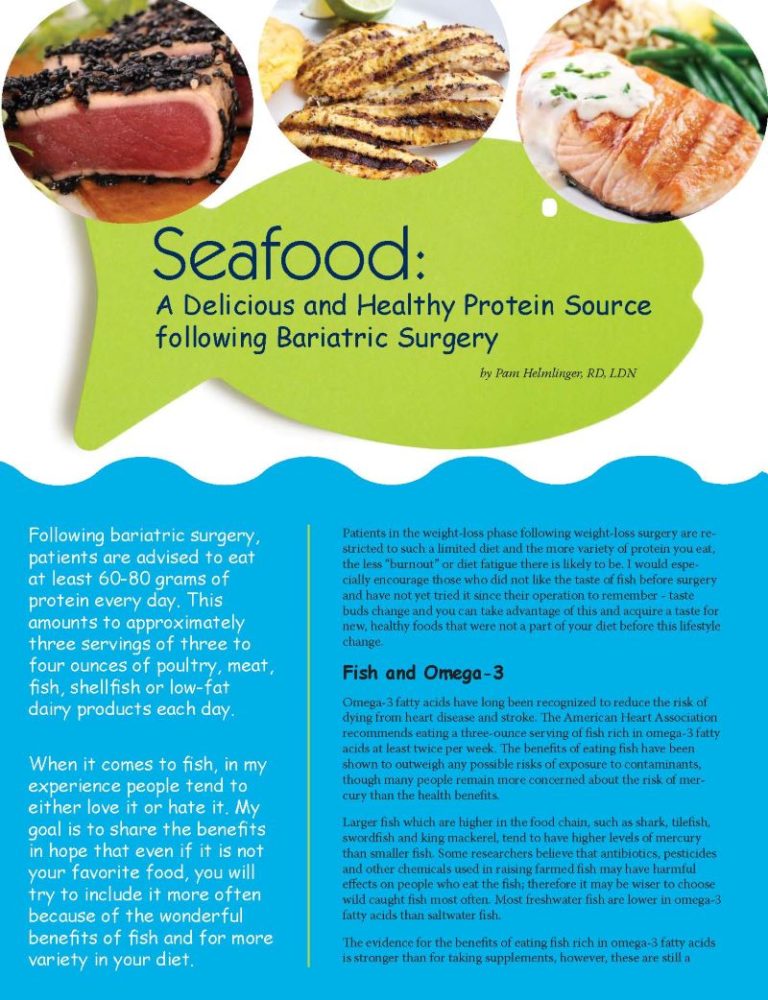
by Pam Helmlinger, RD, LDN
Winter 2012
Following bariatric surgery, patients are advised to eat at least 60-80 grams of protein every day. This amounts to approximately three servings of three to four ounces of poultry, meat, fish, shellfish or low-fat dairy products each day.
When it comes to fish, in my experience people tend to either love it or hate it. My goal is to share the benefits in hope that even if it is not your favorite food, you will try to include it more often because of the wonderful benefits of fish and for more variety in your diet.
Patients in the weight-loss phase following weight-loss surgery are restricted to such a limited diet and the more variety of protein you eat, the less “burnout” or diet fatigue there is likely to be. I would especially encourage those who did not like the taste of fish before surgery and have not yet tried it since their operation to remember – taste buds change and you can take advantage of this and acquire a taste for new, healthy foods that were not a part of your diet before this lifestyle change.
Fish and Omega-3
Omega-3 fatty acids have long been recognized to reduce the risk of dying from heart disease and stroke. The American Heart Association recommends eating a three-ounce serving of fish rich in omega-3 fatty acids at least twice per week. The benefits of eating fish have been shown to outweigh any possible risks of exposure to contaminants, though many people remain more concerned about the risk of mercury than the health benefits.
Larger fish which are higher in the food chain, such as shark, tilefish, swordfish and king mackerel, tend to have higher levels of mercury than smaller fish. Some researchers believe that antibiotics, pesticides and other chemicals used in raising farmed fish may have harmful effects on people who eat the fish; therefore it may be wiser to choose wild caught fish most often. Most freshwater fish are lower in omega-3 fatty acids than saltwater fish.
The evidence for the benefits of eating fish rich in omega-3 fatty acids is stronger than for taking supplements, however, these are still a good option that are worth discussing with a healthcare professional (especially for those who do not eat fish). There are also vegetarian-friendly supplements made from algae for an alternative to fish oil. Other food sources that contain some omega-3 fatty acids include egg yolks from omega-3 enhanced eggs, flaxseed, walnuts, canola oil and soybeans. Though, similar to supplements, the evidence of heart-healthy benefits from eating these foods is not as strong as it is from eating fish.
Tips for Cooking Fish
Realizing that the smell of fish is a turnoff for many people who do not eat fish, these are some tips that may be helpful.
- Before cooking any fish, squeeze lime or lemon juice over it, season with salt and pepper and let it stand at room temperature for about an hour. The acid of the juice will soften the connective tissues of the fish so that a shorter cooking time is necessary and it will also remain a nice color.
- In place of fresh lemon or lime, try crystallized lemon or lime products that come in a shaker, which may be found on the baking aisle of most grocery stores.
- To get rid of odors while cooking fish, add two tablespoons of vinegar to two cups of water and simmer it in a small saucepan while the fish is cooking.
- When baking fish, lay it on a bed of thinly sliced onions, parsley and lettuce leaves. This way, the fish will avoid sticking and it will have a savory taste.
Conclusion
Now that you have reviewed all of the wonderful benefits of including fish in your diet a couple of times each week, the recipe on page 24 may come in handy. There are also some convenient options for taking fish on-the-go, such as foil packets or cups of canned tuna and salmon, frozen steamer varieties of white fish and frozen salmon or mahi burgers. It is recommended to introduce new foods to children at least 10 to 15 times. Including these foods in your weekly rotation at the dinner table can bring frustration, but it will be worth it if they learn to eat them at an early age and include them in their diet into adulthood.
On the other hand, if serving them to your household is not an option and you want to include them in your diet more frequently, the more convenient single-serving options are great for your own lunch or on a regular basis if you live alone. Just remember that convenience foods are likely to be high in sodium and may contain added preservatives.
Enjoy trying new recipes when it comes to seafood and be sure to have an open mind if there are many foods you have never tasted before… they just might become your new favorite foods!
Omega-3 Fatty Acids
Fish is a lean protein source, which when substituted for saturated fat sources, such as those in red meat, may lower cholesterol. Omega-3 fatty acids, which are found in fatty fish, are thought to have many health benefits, such as:
- Reducing inflammation throughout the body
- Decreasing triglycerides
- Lowering blood pressure
- Reducing blood clotting
- Reducing risks of dementia
- Boosting immunity
- Improving arthritis symptoms
- Improving learning ability (specifically in children)
Fish High in Omega-3 Fatty Acids:
- Wild salmon
- Albacore tuna
- Lake trout
- Atlantic mackerel
- Atlantic herring
- Sardines
About the Author:
Pam Helmlinger, RD, LDN, has worked with the Center for the Treatment of Obesity at Centennial Medical Center since 2006. She is specialized in bariatric surgery and holds a certificate of training in adult weight management. Currently, she provides pre and post-op nutritional counseling in addition to education for patients in a medical weight-loss program.
by Sarah Muntel, RD Spring 2024 Spring has sprung, bringing sunnier and warmer days! For many, this…
Read ArticleWith the holidays behind us and 2022 now here, many of us are ready to tackle our…
View Videoby Kristen Smith, MS, RDN Winter 2022 When you decide to change your dietary habits, it can…
Read Article




